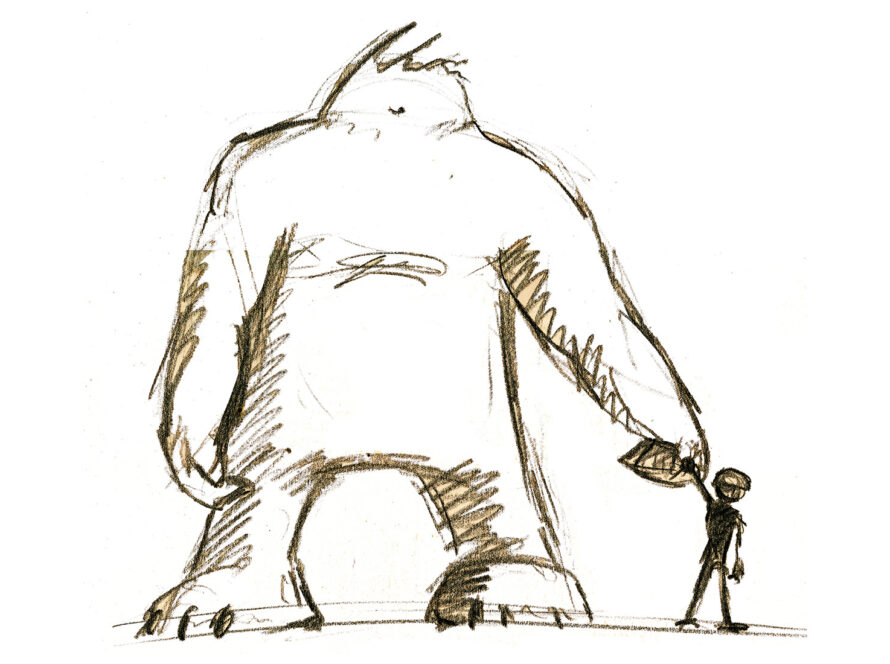
As a therapist for almost five years, I’ve recently been drawn to the work of Internal Family Systems (IFS) as a way to work with my clients’ experiences. In a book that I read recently, You Are The One You’ve Been Waiting For by Richard Schwartz, his concept of Neo-exiles has captured my attention. I learned more about how trauma often burdens not only us but also our partners.
Often when entering a relationship, new worries, insecurities, and thoughts come up that we thought were long gone. These parts often carry deep, heavy burdens and can impact our intimate relationships. The underlying hope is that “They will make you complete, or you will finally get your needs met.” As a result, we project our insecurities or beliefs onto our partners, expecting them to take on the responsibility of caring for our wounds, when it really is our responsibility to heal.
My Own Experience
I too have experienced Neo-exiles. In my relationship with my partner, I unconsciously expected her to bear the weight of my desperate fears and needs, hoping that she had the cure for my pain. The pain of abandonment, which I try to avoid healing. Unintentionally, expecting my partner to heal this pain for me.
It took me a while to realize that my partner was not the key to my healing, but I was responsible for this. By starting to address the root fear of being abandoned, I began to understand how to overcome fear of abandonment in a relationship. Once I trusted that even if I was abandoned, I would still have my own back, the healing process could begin.
The Power of Taking Responsibility for Yourself
By unburdening my partner from the responsibility of managing my fears, I’ve become more confident. This doesn’t mean the fear of abandonment no longer triggers me, but now I trust myself to care for that part of me. I no longer rely solely on my partner to carry my pain. This shift has been transformative, and it has taught me that the idea of “the one” in Western culture is often unrealistic. When you unburden yourself from managing false hope and expectations, you realize that you are the key to your own healing. This is the essence of Self-leadership in therapy.
The Impact on My Relationship
Over the last couple of months, I have noticed that taking ownership of my insecurities and removing this responsibility from my partner has brought a sense of calm to our relationship. My wife seems to be more relaxed now that I can see and deal with my trauma. She seems to feel more comfortable connecting with me without worrying about how I may react.
This shift has strengthened our connection and reminded me of how powerful the healing process can be, and how it impacts relationships as well. It’s a reminder that we don’t need to place the responsibility of healing on someone else; by taking responsibility for our own healing, we can foster deeper, more authentic connections.
Through my journey with Internal Family Systems therapy training, I have realized that true healing is an inside job. Recognizing signs of emotional trauma in adults and engaging in IFS couples therapy has been instrumental in my growth. Understanding the concept of being unburdened by what has been meaning allows us to embrace a more balanced and fulfilling life. If you’re wondering, how do I know if therapy is working, the answer lies in self-awareness, emotional resilience, and the ability to navigate relationships without projecting past wounds.
Change Resistance and Fear in Relationship
Trauma can shape our relationships, but through trauma systems therapy and self-leadership, we can reclaim our inner strength and build deeper connections with those we love.
– Authored by Chris Hague



